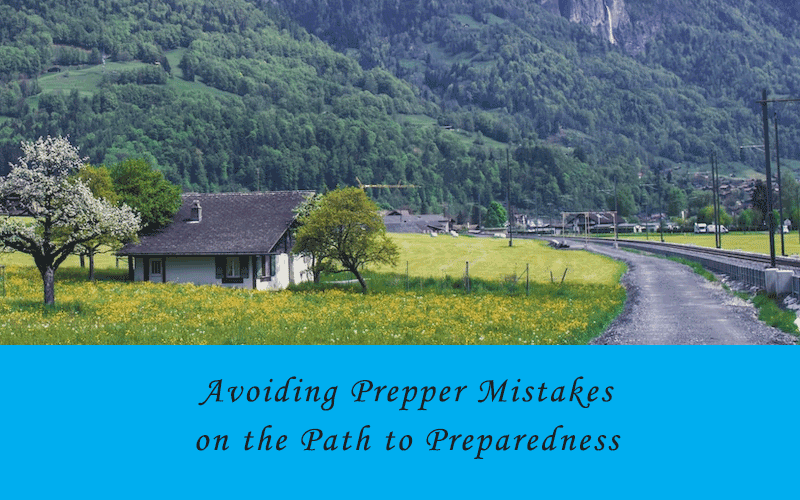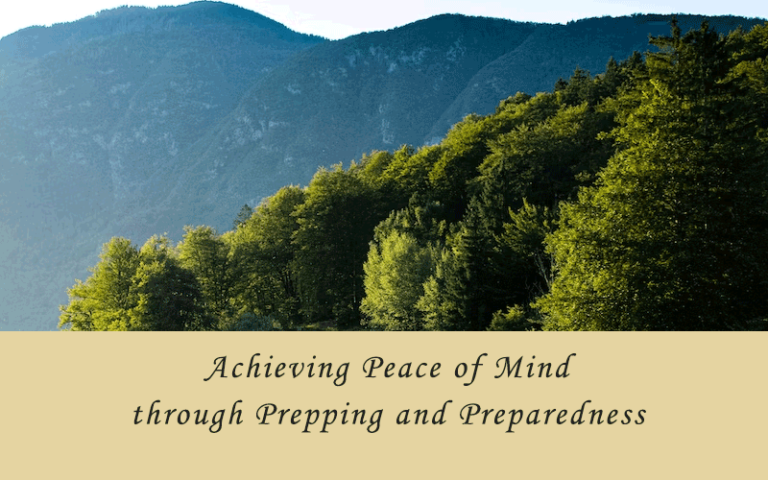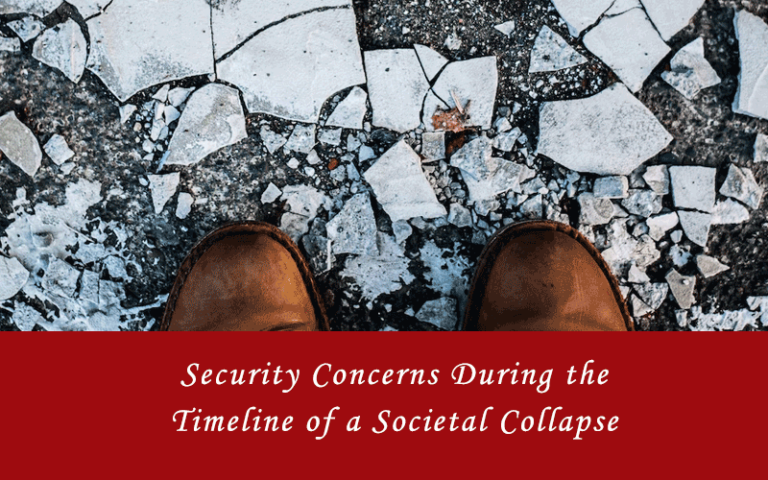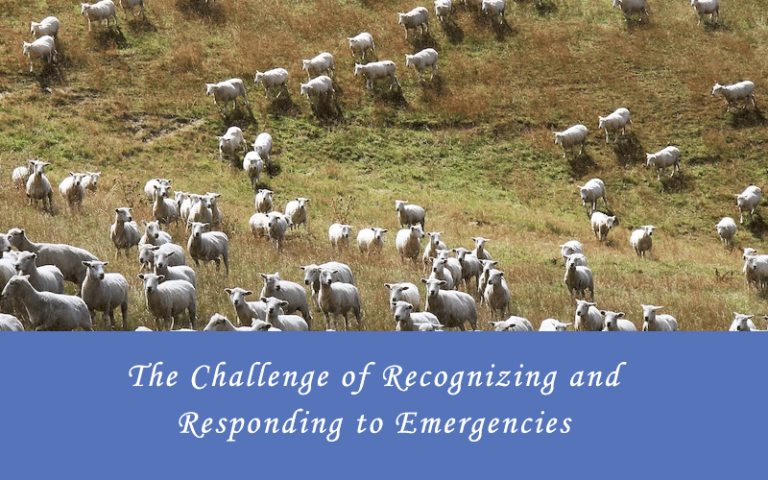Avoiding Prepper Mistakes on the Path to Preparedness
Prepping and preparedness are journeys filled with lessons, and we all make mistakes along the way. I, too, have made my fair share of errors and continue to learn from them. In an effort to help others, I have compiled a list of prepping mistakes to avoid as you strive for higher levels of preparedness.
Neglecting the Importance of Water
Water is a fundamental element of survival, often taken for granted. Not only is clean drinking water essential for staying alive, but it also serves various day-to-day purposes.
To address this, consider two aspects:
a. Short-Term Preparedness: Obtain a supply of drinking water and invest in a reliable water filter for immediate situations.
b. Long-Term Preparedness: In worst-case scenarios where water sources are inaccessible or unreliable, it is crucial to devise a plan for procuring water over an extended period. Living near a natural water source is beneficial, but transportation and advanced filtration systems become vital considerations for others.
Failing to Anticipate Long-Term Power Grid Outages
When aiming for a higher level of preparedness, it is important to evaluate the potential consequences of a prolonged power grid failure. While short-term outages are relatively manageable, longer-term situations can present significant challenges and even life-threatening conditions.
To avoid this mistake:
a. Assess Dependency on Electricity: Evaluate every appliance, utility, or device powered by electricity in your home. Consider crucial elements like well pumps, alternative energy sources, EMP protection, and heating during winter months.
b. Seek Non-Electric Alternatives: Explore alternatives for essential appliances in case electricity is unavailable for an extended period. This includes planning for a kitchen without electricity and identifying alternative methods to meet basic needs.
Overestimating Food Storage
Believing that you have enough stored food for a long-term or extreme survival scenario can be a critical mistake. Each person requires approximately 750,000 calories to survive for a year, emphasizing the need for accurate calculations.
To avoid this error:
a. Assess Caloric Requirements: Calculate the number of calories needed per person in your household for an extended period. Ensure that your food storage aligns with these requirements.
b. Consider Long-Term Sustainability: Depending on your goals and self-sufficiency plans, aim to have enough food to sustain you through challenging times, including the possibility of a partially failed garden. Evaluate your ability to produce enough food in a self-sustaining manner.
Underestimating Personal and Home Security
During times of societal collapse, personal and home security become paramount. Ignoring or downplaying security risks can jeopardize your safety.
Consider the following:
a. Assess Security Risks: Understand the potential threats you may face based on your location and the nature of the collapse scenario. Identify vulnerabilities and devise strategies to mitigate risks.
b. Enhance Personal Security Measures: Prioritize measures such as securing your property, fortifying entry points, investing in adequate lighting, and developing plans for self-defense if necessary.
While there are numerous other potential prepper mistakes, it is essential to think ahead and be well-prepared. As the saying goes, “Measure twice, cut once.” Avoiding these common pitfalls will help you achieve a higher level of preparedness and increase your chances of survival in challenging situations.




